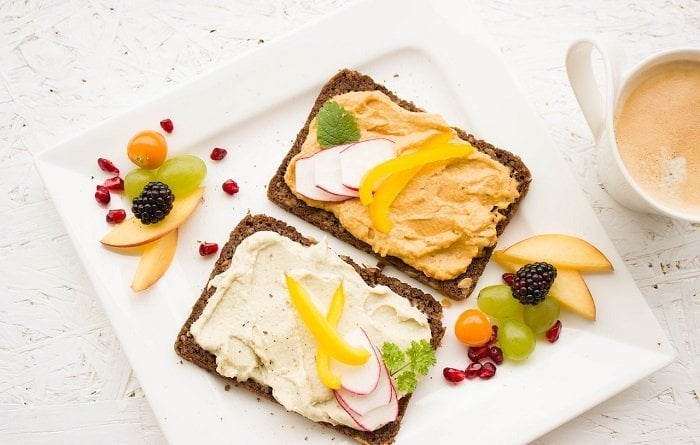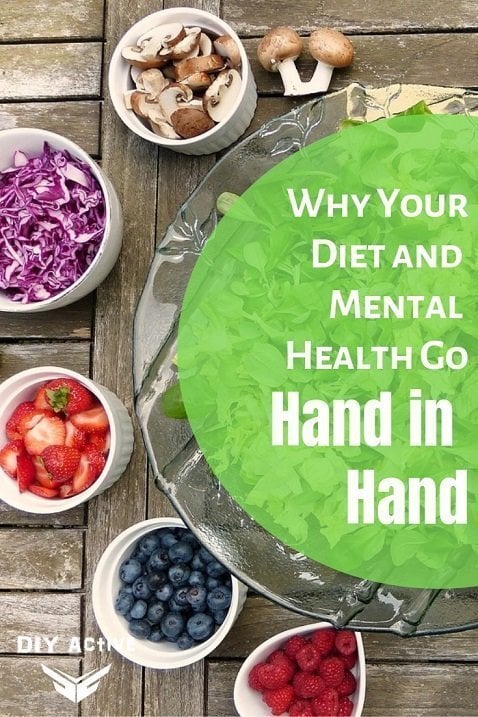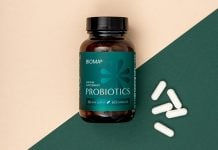
Why Your Diet and Mental Health Matter
One in every five people will suffer from mental health-related illnesses in a year. So, it’s likely you or your colleagues will be suffering from this challenge. Read how your diet and mental health go hand in hand.
Why your diet affects mental health
Mental health concerns are a leading cause of absence from work. If you or your friends are suffering from mental disorders, you can find information about several therapy companies via https://www.e-counseling.com/. Other than this, you can check and modify your diet.
It’s no secret that a healthy diet maintains a stronger and healthier body. Do you ever stop and reflect on how your eating habits affect your mental health? You should.
For instance, alcohol will cause depression; caffeine can result in anxiety. So, what do you need to do to improve your mental health and general mood? Adopt a healthy eating habit. Otherwise, your entire exercise routine will be in vain.
Our bodies need a regular supply of fuel. Nutrition helps provide the fuel. Food and oxygen are the components that react to give this fuel. If we fill our bodies with a sugary diet, we’re supplying it with the wrong fuel.
But if we feed on healthy foods, we give our brains the fuel it needs to regulate our emotions and cognitive processes.
How Do Nutrients Help Your Brain
The food you eat influences the fuel your brain gets. With this, it’s able to affect how your brain functions and your overall mood.
 For example, eating a high-quality diet containing minerals, vitamins, and antioxidants positively nourishes your body.
For example, eating a high-quality diet containing minerals, vitamins, and antioxidants positively nourishes your body.
A diet that’s high on refined sugars will impair normal brain functions and worsen mental health symptoms. Don’t do it.
The food you eat keeps you going the entire day when it interacts with the chemicals in your brain. So, when you eat a variety of foods, expect a variety of effects on your mind.
For example, eating carbs increases serotonin hormone, a chemical that provides a calming effect. Food rich in proteins helps improve alertness. A diet rich in certain types of fatty acids like omega 3 reduces depression.
Since your body cannot produce all this, it’s imperative to include them in your diet.
What to Eat
Avoid processed food or anything containing high sugars. Instead, choose brain-friendly diets. Such include vegetables, fruits, whole grains, lean proteins, and a meager amount of saturated fats, sugar, and sodium.
Including these foods in your diet helps protect your body from fatigue, improves mood and alertness.
The following are some brain-friendly foods.
- Almonds
- Dark chocolate
- Eggs
- Broccoli
- Fish
- Avocados
- Turmeric
- Blueberries
Wrap-Up
The diet you eat has a significant impact on your mental health. Start by paying attention to how different types of food make you feel. Not just how they taste but how you feel some few hours later or the following day.
Also, remember that dieting in itself can cause stress and anxiety, so try not to obsess if you don’t stick to the plan 100%. If you do fall off the wagon, remember the CICO diet rule and simply move a little extra that day to burn off what you ate, then try to be better at the next meal (not the next day). You can also try online therapy to help you get through the tough times.
Cut out processed foods from your diet, replace them with brain-friendly diets. Check how you feel. If you feel great, you may be up to something. Keep it up.



